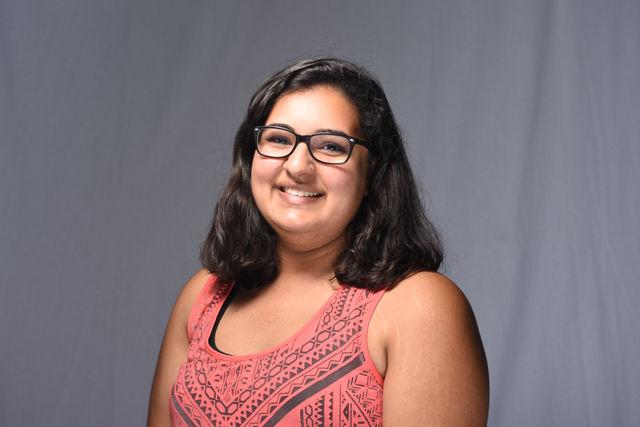As is probably the case with many people’s social media feeds, my Facebook feed has been flooded these past two weeks by various opinions and stories on Colin Kaepernick’s peaceful protest of the national anthem. The subsequent protests carried out by fellow NFL players, as well as college and high school-level players, have also been a popular topic of discussion. The posts can quite easily be categorized into two kinds: those who are in support of Kaepernick, and those who vehemently oppose Kaepernick’s actions.
For the most part, I was rather unsurprised by who was posting what in my feed. There were, however some anomalies; I was unpleasantly surprised to find that some of my Indian friends were posting negative reactions toward the Kaepernick chain of events.
Now, part of the negativity stems from a lack of understanding toward the reasons behind Kaepernick’s protesting. People of color in this country have, as a whole, received the short end of the stick regarding the way we are treated by the majority. There are even certain groups of people who are treated worse than others in this country, due to a long and violent history of oppression.
Indians, known widely as the “model minority,” have little to no public history of violence, crime, misdemeanors or violations within the community. We enter the country legally for school or work, we settle and build respectable lives for ourselves and our children and we stay out of negative public scrutiny by keeping to ourselves. Any Google search for crimes committed by Indians is more likely to turn up results in which Indians and Indian-Americans are the victims of crime, rather than the perpetrators. That is not to say that Indians never commit crimes, but it rarely, if ever, garners any attention.
According to a Pew Research Center study published in June of 2012, Indian-Americans lean overwhelmingly toward the democratic side of the American political spectrum. About 65 percent of those surveyed identified as democrats, compared to a measly 14 percent who said they were republicans.
Furthermore, Indians are often on the receiving end of an alarming number of hate and racial profiling based crimes. In January, the cop charged of beating up a visiting Indian grandfather and paralyzing him was acquitted of all charges. I, as well as many of my friends and family members, have been “randomly” searched at airports more often than not, because of our skin color, our names and our perceived religion or nationality.
Why, then, are Indians and Indian-Americans so reluctant to stand up for and support our other siblings of color? Moreover, why do I still see many of my fellow Indians making racist jokes and comments about other people, while still claiming to be staunchly progressive, accepting and liberal?
The Indian community is not the only community that suffers from hate crimes or racially-driven crimes. Not only are we silent about hate crimes committed against our own people, but also those targeting other communities of color. Ravi Batra, the chair of the National Advisory Council of South Asian Affairs, claims that the reason behind this is that unlike other communities of color, the Indian community is one that comprises very individualistic people. We, as Indians, have a hard time coming together as a united force in the face of adversity, which not only weakens us as a community, but makes us easier targets for racism and hate.
Going forward, the first step would be to watch our day-to-day interactions and vernacular. Even though Indians are a community of color, we do not have the right to misappropriate African-American Vernacular English terms and language. Calling your friend the n-word is both racist and unacceptable. Once you become self-aware about your own actions and their consequences, raising awareness among other people in your community is the next step.














